Science by zodiac
Research has hinted that the season of a child’s birth may play some role in his or her risk of developing various neuropsychiatric disorders. But it’s the season of conception that really matters, a new study suggests.
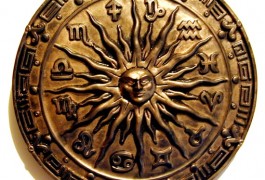
Research has hinted that the season of a child’s birth may play some role in his or her risk of developing various neuropsychiatric disorders. But it’s the season of conception that really matters, a new study suggests.
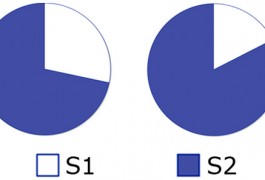
A common variation within a region on chromosome 16 puts a large proportion of the general population at risk for intellectual disability, according to a study published in August in Nature Genetics.
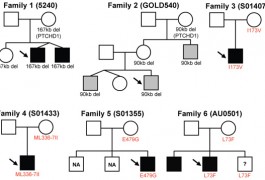
A newly characterized gene on the X chromosome may be disrupted in up to one percent of people with autism, researchers reported Wednesday in Science Translational Medicine.

Changes in diagnostic practices, more active neighborhood networks, and an increase in the number of older parents may all contribute to the massive rates of autism in California, says a group of social scientists. But the numbers still don’t add up.
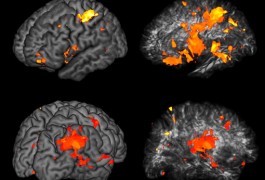
Autism and intellectual disability often occur together, but in most cases that overlap is not genetic, according to a study of twin pairs published in the American Journal of Medical Genetics. Unraveling this link might help researchers pinpoint brain circuits involved in both conditions, and better understand the diversity of symptoms in the autism spectrum, experts say.
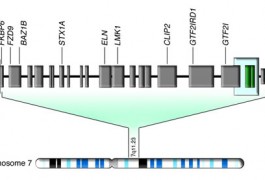
Individuals carrying an extra copy of the genetic region that’s missing in Williams syndrome — which causes mental retardation and a hyper-friendly personality — have language impairments and other autism-like social difficulties, according to a wave of new research on this duplication syndrome.
The mouse brain has more than 1,300 regions for which the copy from one parent is expressed more often than the one from the other parent, according to two studies published today in Science. These so-called imprinted genes have been proposed to cause some cases of autism, but the researchers say their findings do not support that theory.
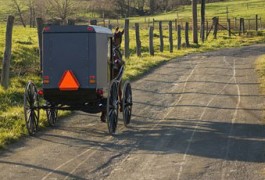
A study of a rare form of epilepsy found in Amish groups adds heft to the idea that mTOR — a much-studied hub in a massive network of brain cell proteins — is an important biochemical player in autism.
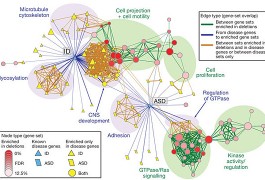
People with autism harbor more copy number variants (CNVs) — deletions or duplications of large chunks of DNA — compared with controls, but only in the protein-coding regions of the genome, researchers reported Wednesday in Nature. The study also pinpointed more than 100 new risk genes for autism.
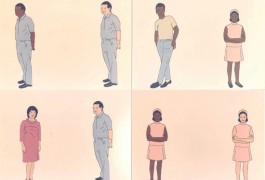
Children with Williams syndrome — a rare genetic disorder that leads to mental retardation and overt friendliness — hold stereotypes based on gender, but not race, according to a report published in Current Biology. Because those with Williams syndrome don’t have social fear, the study suggests racial stereotypes are based partly on fear.